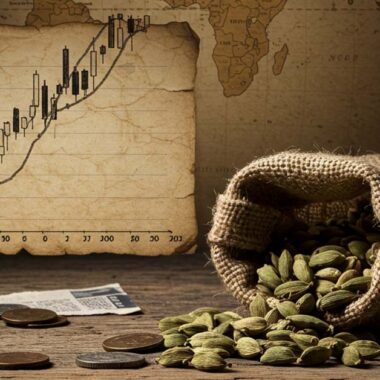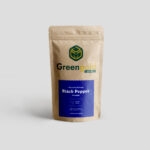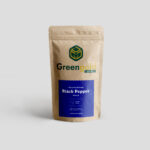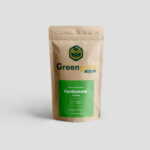Organic cardamom is in high demand worldwide, but exporting it isn’t as simple as growing it. Farmers and exporters face several challenges in getting their organic cardamom to international markets. From certifications to pricing pressures, let’s explore the key obstacles in the organic cardamom export industry.
🚧 1. Strict Certification Requirements
🌱 To export organic cardamom, farmers must obtain organic certifications like:
✔️ USDA Organic (USA)
✔️ EU Organic (Europe)
✔️ India Organic (India)
❌ Challenge: Certification is expensive, time-consuming, and requires strict compliance. Many small-scale farmers struggle to afford it or lack knowledge about the process.
💲 2. High Production Costs
✅ Organic farming avoids chemical pesticides and fertilizers, making it better for health and the environment.
❌ However, it requires natural pest control methods, organic composting, and more labor-intensive care—all of which increase costs for farmers.
💡 Solution? Exporters must educate consumers about the benefits of organic cardamom to justify the higher price.
📦 3. Post-Harvest Processing & Storage Issues
🔹 Organic cardamom must be dried, stored, and transported under strict conditions to maintain quality and certification standards.
🔹 Without proper facilities, organic cardamom can lose its aroma, color, and essential oil content, leading to rejections from buyers.
💡 Investment in better drying & storage technology is essential for exporters to meet global quality demands.
🌎 4. Market Competition & Price Pressures
💰 Conventional cardamom is cheaper than organic, making it difficult for exporters to convince buyers to pay more.
🌍 Competing with Guatemala, India, and Sri Lanka, where cardamom is produced in large volumes, makes pricing even more competitive.
💡 Solution? Marketing organic cardamom’s premium quality, sustainability, and health benefits can help justify the higher price.
🚚 5. Export Regulations & Tariffs
🌍 Every country has different import regulations for organic products.
🔹 Some regions impose high import duties or strict pesticide residue limits, making it challenging for exporters to meet the criteria.
🔹 Unpredictable trade policies and customs delays also affect smooth exports.
💡 Staying updated on international regulations and working with experienced trade partners can help exporters navigate these hurdles.
📢 Final Thoughts: The Future of Organic Cardamom Exports
🚀 Despite challenges, organic cardamom has huge global demand! Consumers are increasingly looking for healthier, chemical-free spices, and premium organic brands are gaining traction.
👉 Want high-quality cardamom? Explore Greengold Guide’s organic collection today! 🌿✨












